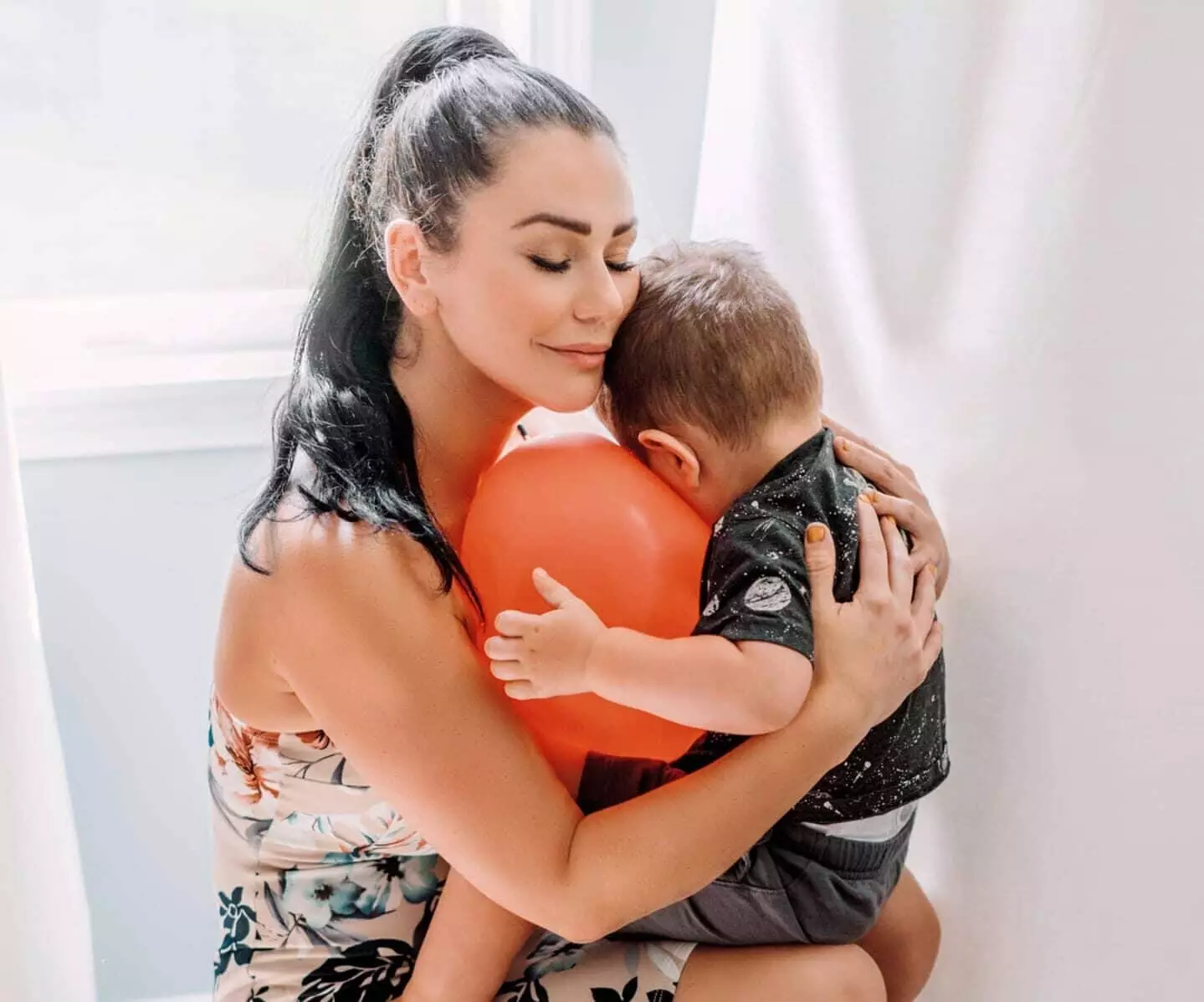Reality television often presents a filtered version of life, but Jenni “JWoww” Farley is shattering that illusion. As viewers tune into the latest episodes of *Jersey Shore: Family Vacation*, they witness not just the playful chaos that the show is known for, but also a tender side of Farley that speaks to the shared challenges of parenthood. During the season two premiere, she opened up about her 2-year-old son, Greyson, who is experiencing delayed speech—a reality that many parents know all too well but few publicly discuss.
The rawness of her confession, while heart-wrenching, sheds light on a phenomenon that is often kept in the shadows. In a world where parents strive for perfection, acknowledging a child’s delays can feel like a personal failure. Farley, however, is weaving a narrative of understanding and acceptance that resonates with many, making her experience far from solitary.
The Power of Community Support
What Farley’s experience underscores is the inherent strength in community and shared vulnerability. After the episode aired, many fans reached out, empathizing with her situation and sharing their own stories of children facing similar challenges. This outpouring of support highlights a crucial aspect of parenting: the importance of having a network that reassures us we are not alone in our struggles. Farley’s heartfelt gratitude on social media, where she thanked fellow parents for their messages, is more than just a personal thank you; it’s a testament to the collective experience of motherhood.
The age of social media has transformed how we navigate parenting. In years past, parents may have felt isolated in their concerns for their children’s development. Now, platforms like Instagram provide a space to connect, share stories, and rally together in times of anxiety. By choosing to share her son’s journey, Farley not only finds solace in commonality but empowers others to do the same, fostering an environment where parents can speak openly about their fears without shame.
Understanding Speech Delays
The Centers for Disease Control highlights that it’s entirely normal for children as young as two to exhibit varying levels of verbal communication. Many kids say short phrases, while others may still be finding their voice. What is notable in this discourse is the space we create for children who may be “behind.” The stigma of speech delays often stems from our desire to mold our children into perfect versions of ourselves—yet, the truth is, each child develops at their own pace.
This understanding is essential for parents who may initially feel overwhelmed. As Farley pointed out, her initial feelings of disappointment quickly evolved into acceptance. She recognizes that her son is perfect just as he is, which is a crucial realization for any parent navigating the ramifications of developmental delays. The emotional journey is as pivotal as the physical or intellectual milestones children achieve.
Seeking Professional Help
Farley’s insistence on seeking proper help for Greyson—enrolling him in therapy and making dietary adjustments—highlights an important aspect of addressing speech delays. Consulting with pediatricians and specialists is vital in these situations. Recommendations from experts such as Dr. Jay Hoecker of the Mayo Clinic offer parents a roadmap for navigating the uncertainties involved with speech development.
Parents are often encouraged to engage in dialogue with their child’s healthcare provider to better understand the complexities of communication delays. This opens the door to interventions that can positively influence future outcomes. Early intervention can significantly aid children with speech delays and is an essential step in ensuring they thrive—both emotionally and academically.
Celebrating Progress
The beauty of Greyson’s journey lies not solely in reaching developmental milestones but in celebrating the progress made along the way. A child saying “mama” for the first time is as powerful a moment as any full sentence. Parents must recognize these feats as significant indicators of growth, rather than measuring success solely against societal benchmarks.
Research acknowledges that a considerable number of late talkers catch up without assistance, yet diligent intervention can pave the way for smoother communication experiences. The landscape of early childhood development is nuanced, indicating that environments that nurture development can sometimes work wonders.
JWoww’s commitment to being candid about her family’s experiences not only empowers her but also encourages a broader narrative on parenting within society. In a world fixated on perfection, embracing imperfection can catalyze powerful transformations, turning anxiety into understanding, and fear into community solidarity. Farley stands as an inspiration to many, shattering preconceived notions and inviting warmth and support, making the journey of parenthood a more inclusive and collective experience.

